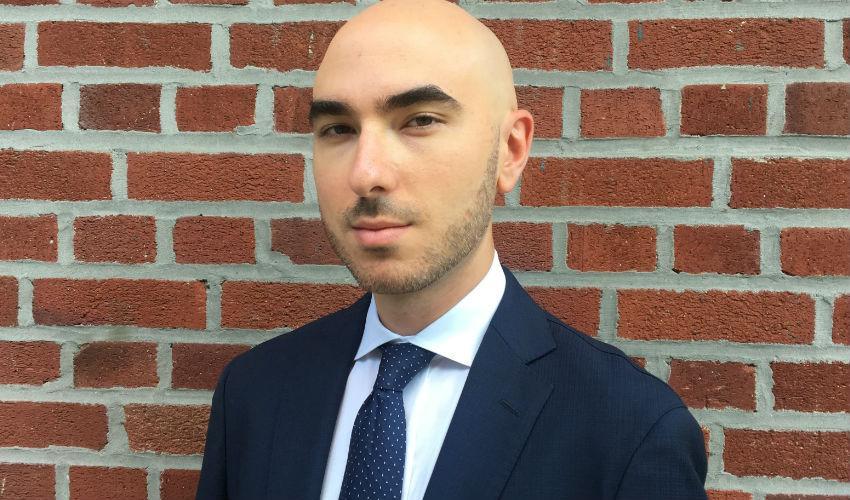
Livio Di Lonardo and the Connections between Voters, Politicians and the War on Terror
THE ASSISTANT PROFESSOR AT THE DEPARTMENT OF POLICY ANALYSIS AND PUBLIC MANAGEMENT STUDIES INEFFICIENCIES DUE TO ELECTORAL CONCERNSStudying the connections between voters and elected representatives to find out how institutional design influences the fight against terrorism. This is in a nutshell Livio Di Lonardo’s research agenda. A former PhD student at the New York University, since September 1 he's been an Assistant Professor at the Department of Policy Analysis and Public Management. He will teach a course on political regimes to undergraduate students and will hold a workshop on terrorism.
The idea of studying the relationship between voters and representatives was born out of the passion for active politics, Di Lonardo says. It was during a course on game theory, while he was pursuing a bachelor’s degree in Political Science in Milan, that he learned that he could study politics from a scientific point of view. “It was a revelation”. The interest for terrorism arose during the PhD at the New York University. “My research ended up blending my interests for the relationship between voters and politicians with the effect of this relationship on the fight against terrorism”.
In the working paper The Partisan Politics of Counterterrorism: Reputations, Policy Transparency, and Electoral Outcomes, Di Lonardo studies the inefficiencies in counterterrorism policymaking due to electoral concerns. “Left-wing and right-wing politicians have different reputations. They respond to terror threats more or less aggressively in order to convince voters of their lack of bias when it comes to fight terror. They end up adopting suboptimal policies in balancing security and civil liberties”. This inefficiency is worsened by the transparency of the antiterrorism measures, as in the event of the leak of confidential documents. “In the latter case, the officials-voters relationship creates a greater distortion effect”.
In the forthcoming months, Livio Di Lonardo will seek to analyze the differences between types of terrorist groups and to study the relationship between political parties and terrorists that address the same population groups, as in the cases of Eta and Batasuna in Spain or the Red Brigades and the Communist Party in Italy. He wants to understand if the attacks have positive or negative effects on the electoral performance. “I will go along another research path: the effectiveness of deterrence policies against terrorist groups and the so called Rogue States”.
by Claudio Todesco
